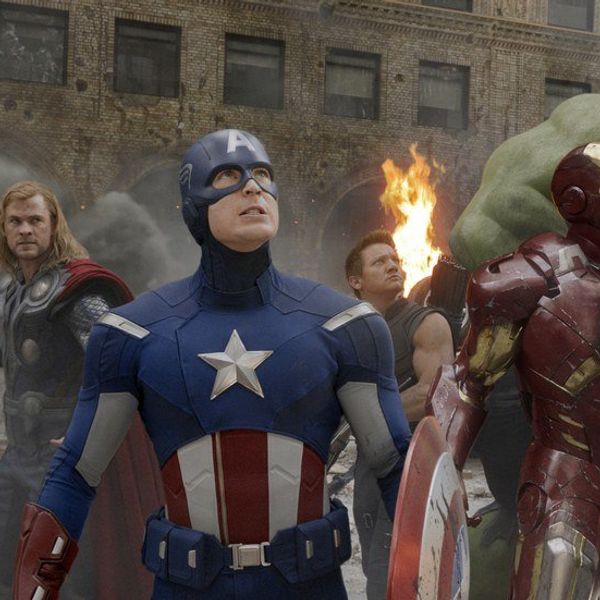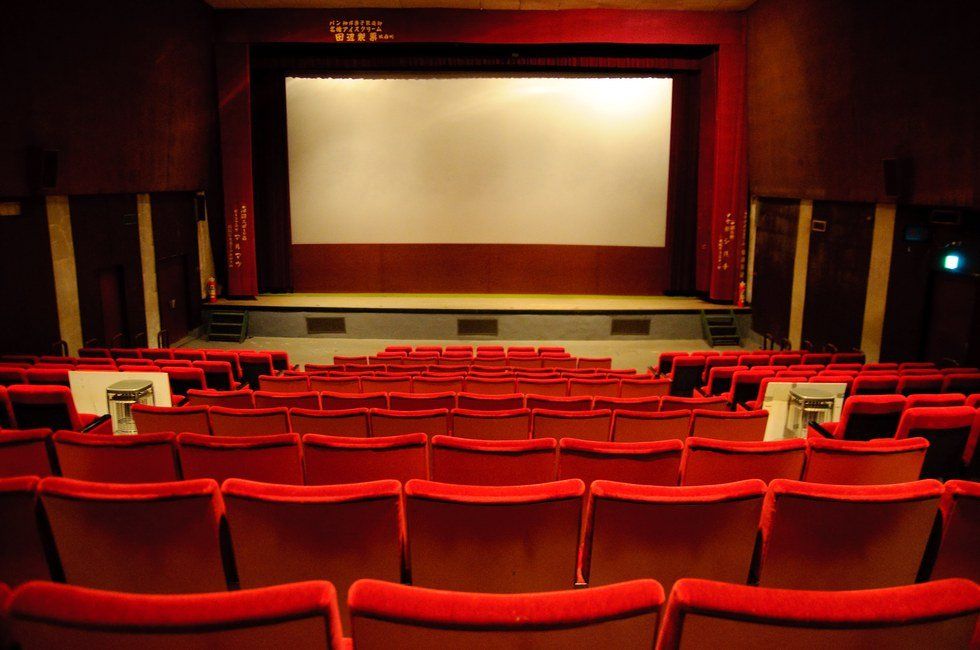You see them online, on TV, and every time you go to a movie theater. Trailers have become a huge part of our media experience, so I thought it would be interesting to take at look at how they’ve developed over the years.
Movie trailers originated around a hundred years ago, in a chain of theaters owned by Marcus Loew, the co-founder of the film studio MGM. Loew hired Nils Granlund as the advertising manager of the chain, who created the first theatrical trailer in 1912. Oddly enough, the trailer was not for a film, but an upcoming Broadway musical. Granlund edited together footage of the rehearsals, and screened them after the feature film. The practice was borrowed by film serials, which contained a brief trailer to hint at the events of the next installment.
By the 1930s, theaters became concerned that audiences would leave after a film rather than sit through advertisements (yes, before the days of post-credit scenes, people actually left once the movie was over). In order to force the audience to watch them, theaters began showing trailers before the movie had started. However, people were already used to calling them trailers, and the name stuck.
Early trailers were intended to build interest for the film, while revealing relatively little. By the 1950s, however, many films were promoted with increasingly long trailers, like the trailer for Ben-Hur or this 4 minute monstrosity for the 1956 epic Helen of Troy. These trailers were essentially condensed versions of the films they were promoting, revealing key scenes as a booming voiceover summarized most of the plot.
Director Stanley Kubrick played a major role in the transition away from the trailers of the Old Hollywood era. Kubrick hired graphic designer Pablo Ferro to edit the trailer for his 1964 classic satire Dr. Strangelove or: How I Learned to Stop Worrying and Love the Bomb. Ferro used the quick-cutting technique he had pioneered on TV commercials, producing a bizarre mix of text and brief clips from the film.
When Ferro later designed the trailer for Kubrick's controversial 1971 film A Clockwork Orange, he pushed this technique further, with each clip lasting only a few frames. While most subsequent trailers were not nearly as avant-garde as the ones made by Kubrick and Ferro, they started a trend of trailers attempting to capture the tone of a film, rather than summarizing the whole story.
The original trailer for Star Wars is a good example of how the film industry learned from the trailers for Kubrick’s films. While it still used a dramatic voiceover akin to those of the Old Hollywood era, the majority of the trailer was composed of short clips taken out of context. The trailer gave audiences a look at the special effects and imagination that would make Star Wars a hit, but revealed as little as possible about the movie’s plot.
Another shift in the way trailers were made came thanks to legendary B-movie producer Roger Corman. In an interview with Conan O’Brien, he recalled watching his then-employee Joe Dante (future director of Gremlins) editing a trailer. When Corman told him that the trailer was boring, Dante took footage of an exploding helicopter from another film and spliced it into the trailer. Dante and Corman would continue to use this clip in many other trailers in the future. Corman defended this tactic, saying “There is no law that says everything in the trailer has to be in the film.”
Hollywood was initially antagonistic toward television, as I touched on in my first article several months ago. Eventually, major studios had to accept that TV wasn’t going anywhere, and figure out how to use the growing industry to their advantage. Studios began producing TV Spots, short trailers that aired during commercial breaks, lasting from 30 seconds to a minute. Thanks to their brevity, TV spots were often cryptic and revealed very little about the films they were advertising. TV Spots became commonplace in the 1970s, and have remained a major form of film advertising to this day.
In 1998, many fans went to theaters just to see the trailer for The Phantom Menace and left before the actual feature started. In an amusing contrast to the 1930s, some theaters screened the trailer after films as well, in order to keep fans around. However, for fans with Internet access, there was another option. When the second trailer was released online, it was downloaded millions of times in a matter of weeks and numerous sites crashed from the unprecedented traffic.
Beyond simply being advertisements, trailers have become events in their own right. Trailer release dates are sometimes even announced beforehand to build up hype, like in this 5 second trailer announcement for Jason Bourne. The first full trailer for The Force Awakens (I know I’m talking about Star Wars a lot, but it’s a pretty big deal) received 112 million views in the first day, a record since topped by Fifty Shades Darker, and most recently by the upcoming remake of Beauty and the Beast, with over 127 million views in 24 hours.
However, while trailers grew less likely to spoil the plot over the years, that trend has reversed in recent years, in part due to the Internet. Where most people used to only see trailers when they went to a theater, studios are now able to vie for our attention 24/7. Today, it’s common for most major films to receive a teaser and two to four full length trailers in year leading up to release. Earlier this year, a supercut composed of every Batman v. Superman trailer went viral, revealing what was essentially a 15 minute summary of the film before it was even released. Having been spoiled too many times, I now try to avoid every bit of promotion after the first full trailer, as I’ve managed to do with Rogue One so far (that’s right, I slipped in another Star Wars reference, and there’s nothing you can do to stop me).
They’ve changed a lot in the last century, but time has proven trailers to be incredibly effective on us. Whether they’re getting us psyched for the next blockbuster or ruining the film goers experience, trailers are only just becoming a bigger part of the media we consume.




















